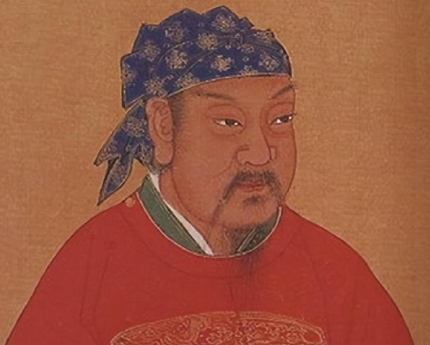The Arab Empire, a resplendent empire in the long river of history, existed across multiple centuries, from 632 AD to 1258 AD, and became one of the most powerful political entities during the medieval period. This article will focus on the question of what period the Arab Empire belonged to, and explore the rise and fall of this great empire.

The establishment of the Arab Empire can be traced back to 632 AD, when the Arabian Peninsula was undergoing a process of unification led by the founder of Islam, Muhammad. After a series of wars and political struggles, Muhammad successfully unified the Arabian Peninsula and established a country with Islam as its official religion. This was the embryonic form of the Arab Empire.
The golden age of the Arab Empire can be said to have occurred between the 7th and 10th centuries AD. During this period, the territory of the Arab Empire continued to expand, reaching as far east as the Indus River Valley, west to the Atlantic coast, north to the Caucasus Mountains, and south to the northern part of the African continent. This vast empire encompassed countries and regions such as present-day Saudi Arabia, Iran, Iraq, Syria, Egypt, Jordan, Lebanon, Israel, Palestine, and more.
During this glorious period, the Arab Empire achieved many significant accomplishments. Firstly, the science and culture of the Arab Empire flourished. Arab scholars made remarkable achievements in fields such as mathematics, astronomy, medicine, philosophy, and more, leaving a rich legacy of knowledge for future generations. Additionally, the Arab Empire achieved brilliant accomplishments in the fields of art and architecture, such as the famous Cordoba Mosque and the House of Wisdom in Baghdad.
However, the glory of the Arab Empire did not last for long. As internal conflicts intensified and external forces invaded, the Arab Empire gradually declined. By the 13th century, the rise of the Mongol Empire significantly reduced the territory of the Arab Empire. Finally, in 1258, the Mongol army captured Baghdad, the capital of the Arab Empire, marking the end of the Arab Empire.
In conclusion, the Arab Empire was a brilliant empire that spanned multiple centuries. Its existence had a profound impact on the development of world history, especially in the fields of science, culture, and art, which are still celebrated by people today.
Disclaimer: The above content is sourced from the internet and the copyright belongs to the original author. If there is any infringement of your original copyright, please inform us and we will delete the relevant content as soon as possible.






























